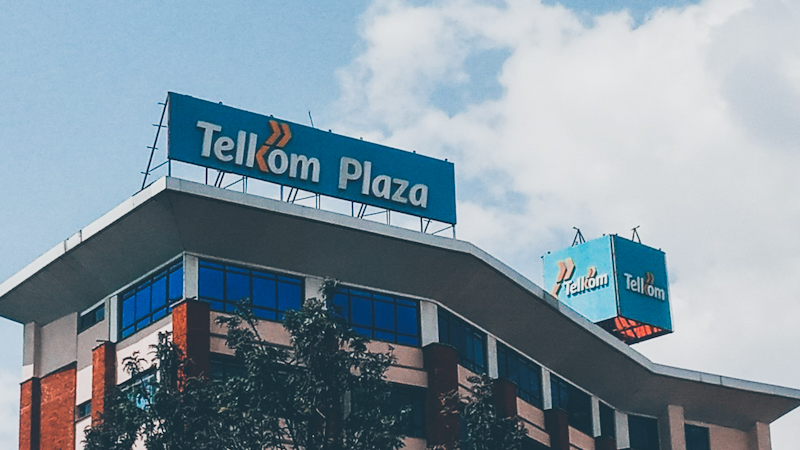The acquisition of 715 towers by American Towers Corporation (ATC) for $155 million from Telkom Kenya five years ago has come to haunt the telco, with the Senate warning that the feud between the two companies is putting the country’s security infrastructure at risk.
Documents tabled before the Senate Committee on Information and Technology have revealed a battle that a few weeks ago led to the disruption of Telkom network services across the country.
In its submissions, ATC accused Telkom Kenya of violating the tower sale and leaseback agreement by failing to pay Sh4 billion owed to the American company despite providing services and upholding its part of the deal.
The ongoing battle between Telkom and ATC reached a notch higher a few weeks ago when ATC Kenya switched off half of its base masts that are spread throughout the country.
The showdown led to the loss of the Telkom network with several Kenyans appealing to the company to restore the network.
Thomas Sonesson, ATC Kenya chief executive, said the firm is seeking Sh4 billion from Telkom Kenya, which has leased part of its 3,600 telecommunication towers.
He told the Senate Committee on ICT chaired by Trans Nzoia Senator Allan Chesang that ATC Kenya has been stopped by the State from carrying out further investment in towers in Kenya.
The company sent several notices to Telkom Kenya informing the telco of the huge debt but it did not respond, making the company stop bearing the costs related to the electricity in the masts as a result of the debt.
In a retaliation action, ATC Kenya said Telkom Kenya had deployed police officers to several masts who prevented ATC Kenya agents from gaining access to the sites where the masts are located, leading to a disruption of services.
“Telkom Kenya denied ATC Kenya access to the lease sites, violating the lease terms and affecting services such as connectivity, mobile money transfers and voice communication.
Eight clients, including MNOs, ISPs and broadcasters have been off the air since May 15, 2023, hindering the government’s digital transformation agenda,” said Mr Sonesson.
While appearing before the committee a few weeks ago, ICT Cabinet Secretary Eliud Owalo said the ongoing feud between the two entities risks compromising the security of the country given that Telkom Kenya is in charge of critical infrastructure.
“It is a big question that I need to bring to the attention of legislators because as you all know Telkom transmits critical security information. Sadly, we privatised infrastructure dealing with security. On one side, American Towers is claiming that they own the towers but Telkom is also telling them that they do not own the land,” Mr Owalo told the senators.
According to Broadcasting PS Edward Kisiang’ani, efforts by the government to help solve the impasse between the two companies have encountered challenges.
Telkom Kenya says they are a private company yet 60 percent of the shares are owned by the government through Helios.
“I urge the senators to ensure that security infrastructure is not privatised because it’s a huge risk for the country. As the government we are going to look for a new investor,” Dr Kisiang’ani told the committee.
During the hearing, security concerns were raised by the senators who said Telkom Kenya transmits critical government infrastructure.
Telkom Kenya provides critical communications services to the Office of the President, the State House, and the government data centre, the Ministry of Interior, the General Service Unit, the Department of Defence’s restricted communications networks and other critical State functions. The military, police and wildlife service are handled by Telkom Kenya.
The data centres, data rooms and base stations also manage critical security infrastructure, including the carrier services, the landing stations, undersea cables and meet-me rooms where the telecoms firms connect one another.



